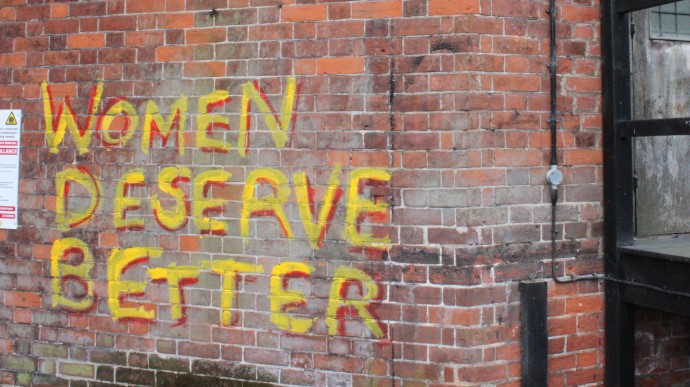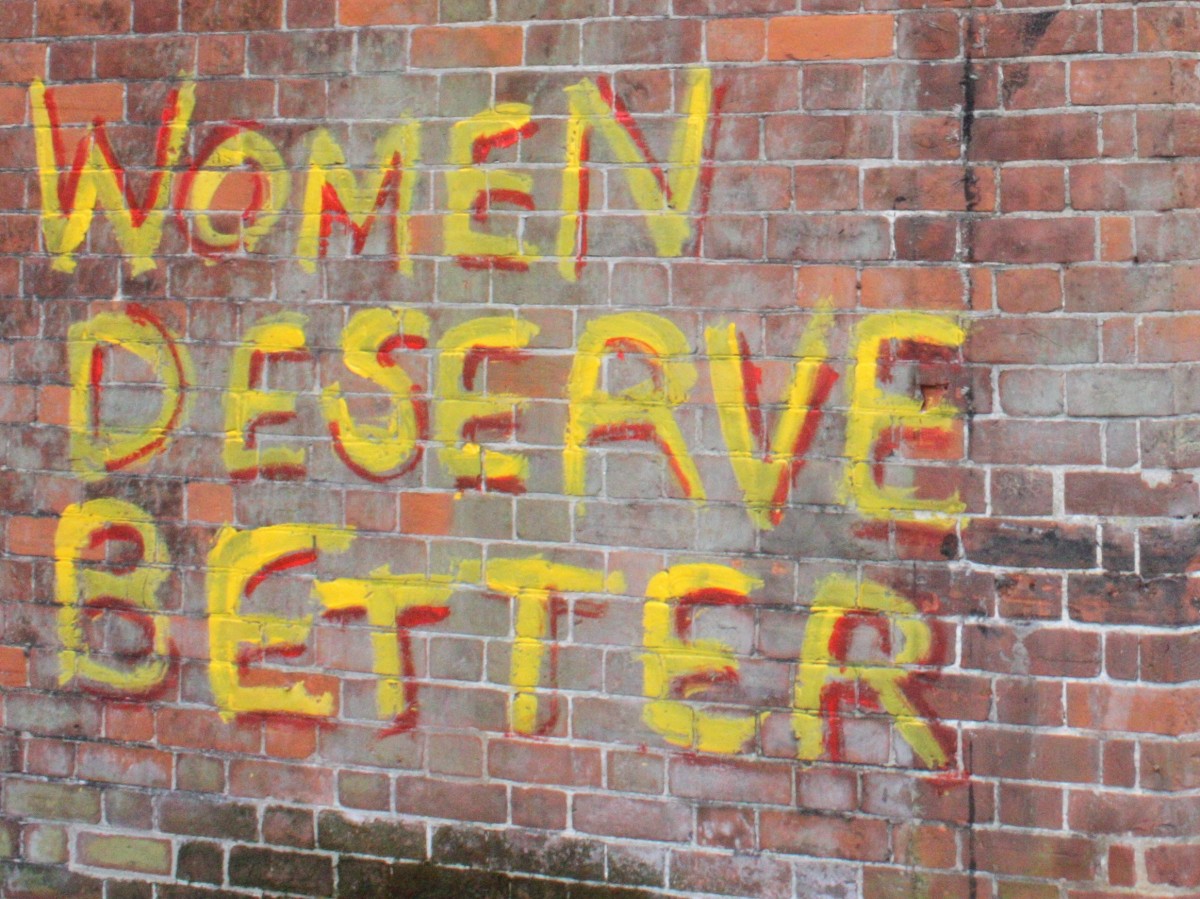
The rape cases in Maryville, Mo. have been met with widespread media attention, most of which has cast a negative light not only on the small community, but also on the victims who have made their case known, casting a shadow on those who report the crime and perpetuating the fear that so many victims have.
The felony charges pressed against the two high school boys who provided the two teenage victims with copious amounts of alcohol and forced sex on the two girls, all the while videotaping it, were dropped.
Local media outlets portrayed the case as one involving the sexual escapades of two young girls. The Kansas City Star used the headline, “Nightmare in Maryville: Teens’ sexual encounter ignites a firestorm against the family,” painting the crime as an “encounter.”
The fallout from the rapes not only impacted the two young victims, but also their entire families. The two young men initially faced felony charges, following interviews and evidence that supported their guilt. However, just two months later, those charges were dropped. As the Kansas City Star points out, the two young men had strong connections in the community of 12,000 — one is the grandson of a former state representative.
Melinda Coleman, a mother of one of the victims, has not only had to deal with the trauma of finding her unconscious daughter on her front lawn — a move that was initiated by the two male perpetrators — but also the fallout and subsequent character assassination. In the wake of the controversy, she also lost her job.
The scenario that has played out for Coleman, her daughter and the other young victim highlights why victims are reluctant to report the crime, insinuating fear holds them back from standing out against their assailants.
According to the Rape, Abuse and Incest National Network, 54 percent of sexual assaults go unreported. Among those reported to law enforcement, just 3 percent of cases lead to jail time.
Experts in the field believe the absence of reported rapes has everything to do with a victim’s fear of being victimized once again. As we’ve seen in Maryville, and in Steubenville, Ohio earlier this year, fingers are pointed at the victims.


